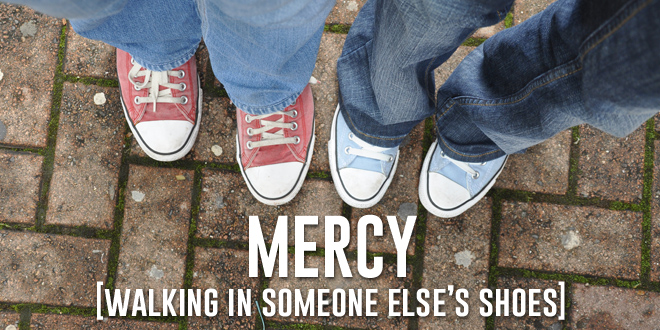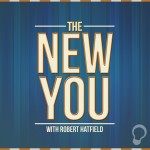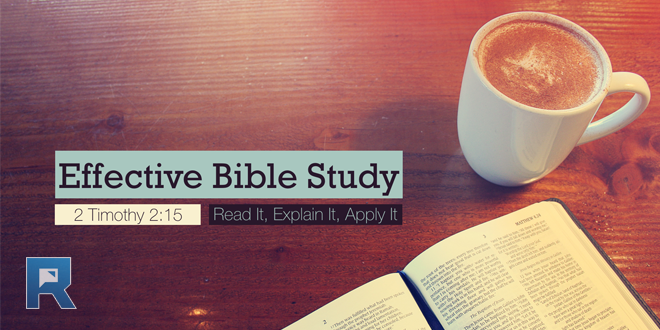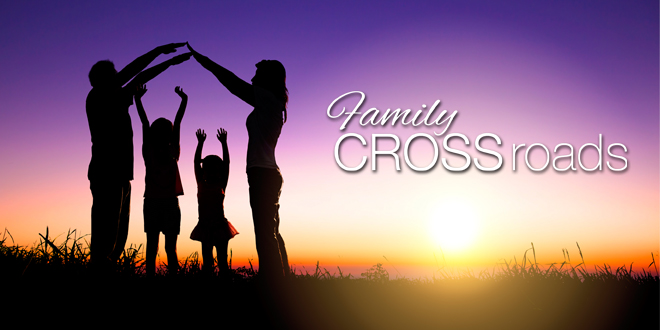
You can’t give what you don’t have.
I remember Dr. Billy Smith teaching us that in his Preparation and Delivery of Sermons course at Freed-Hardeman University. It applies to preaching, and it also applies to our study of the beatitudes.
In the beatitudes, we learn that being a disciple of Jesus is about more than simply occupying a pew. It is about knowing my place, understanding my sin, giving myself to God, transforming my desires, and beginning inside my heart.
True discipleship affects the people around us for the better. We will make an impact on others because Christ lives in us. That concept brings us right back to the thought with which we began: you can’t give what you don’t have.
Jesus said, “Blessed are the merciful, for they shall obtain mercy” (Mat. 5:7). Mercy is something that we have received and it’s something that we are to give. But we can’t give it until we have it. If we fail to give it, we won’t have it anymore.
So, what is mercy?
The original word translated mercy in our New Testaments means compassion. The idea is this: I step inside someone else’s skin, experience life from their perspective, then step back inside my own skin and treat that person how I would want to be treated. Obviously, the Golden Rule has a lot to do with mercy, too.
God has lovingly extended mercy to us. His only begotten Son has walked in our shoes (Heb. 4:15), and has, therefore, provided a way for God to extend His mercy to us.
So Micah 6:8 comes to mind:
He has shown you, O man, what is good;
And what does the LORD require of you
But to do justly,
To love mercy,
And to walk humbly with your God?
This verse was on the wall in our living room when we lived in Tennessee. Micah says that God wants us to treat others well, “to do justly.” Then, he says that we should love mercy. Others are going to need mercy from us, and we’re going to need mercy from them. Finally, he says, “walk humbly with your God.” When we humble ourselves, He will lift us up.
Let’s wrap it up: Everyone needs mercy. That’s why Jesus says, “Blessed are the merciful.” His disciples are people who will be salt and light to those around them. Let’s walk in other people’s shoes. Let’s consider life from their perspective, and treat people the way that we would want to be treated. That’s when we will begin to have a great impact on our world.
[divider]
 This is a partial transcript from my weekday podcast, The New You, where we focus on maintaining and accentuating the new that Christ created in each of us as Christians. A new episode is available each Monday through Friday on The Light Network. Click here to see all of the episodes.
This is a partial transcript from my weekday podcast, The New You, where we focus on maintaining and accentuating the new that Christ created in each of us as Christians. A new episode is available each Monday through Friday on The Light Network. Click here to see all of the episodes.







 This is a partial transcript from my weekday podcast, The New You, where we focus on maintaining and accentuating the new that Christ created in each of us as Christians. A new episode is available each Monday through Friday on The Light Network.
This is a partial transcript from my weekday podcast, The New You, where we focus on maintaining and accentuating the new that Christ created in each of us as Christians. A new episode is available each Monday through Friday on The Light Network. 